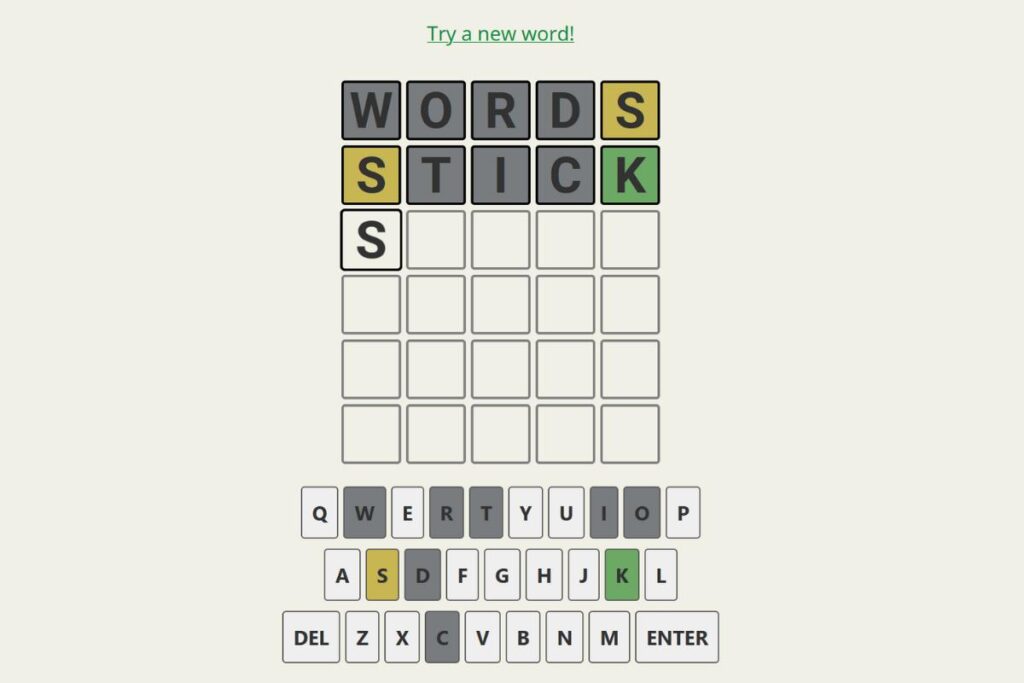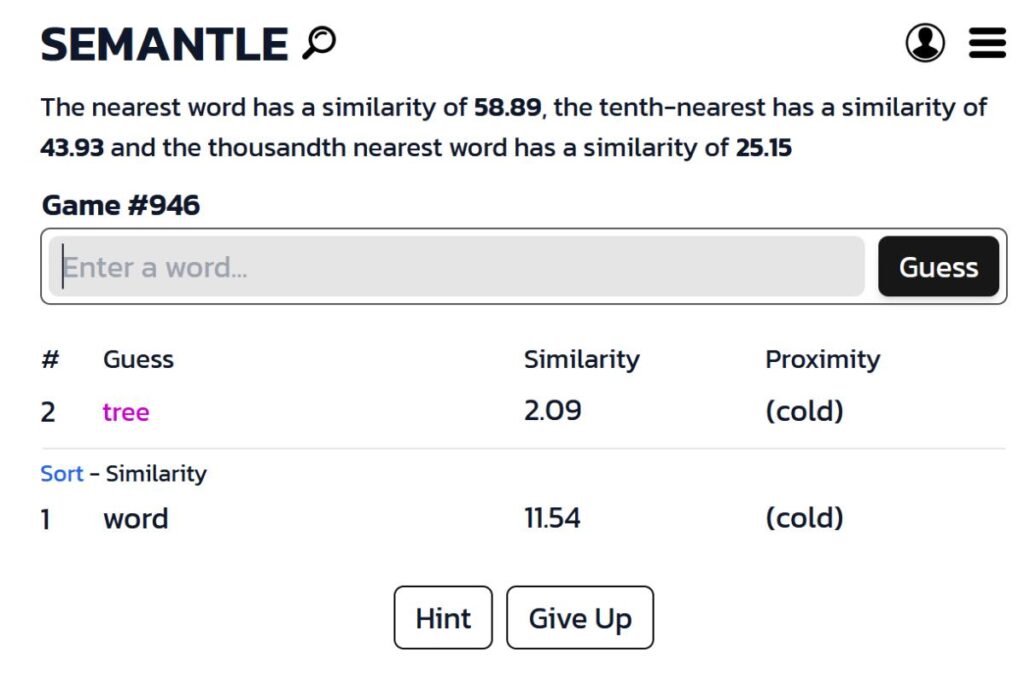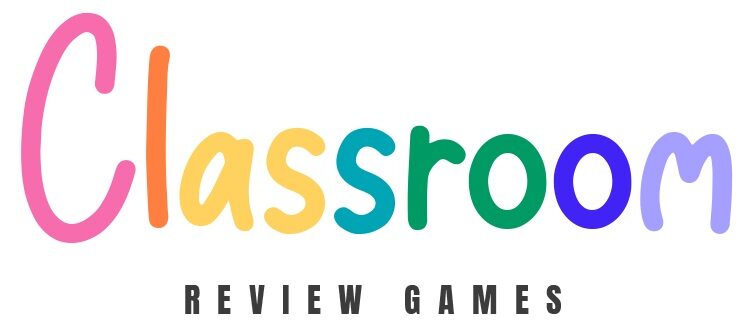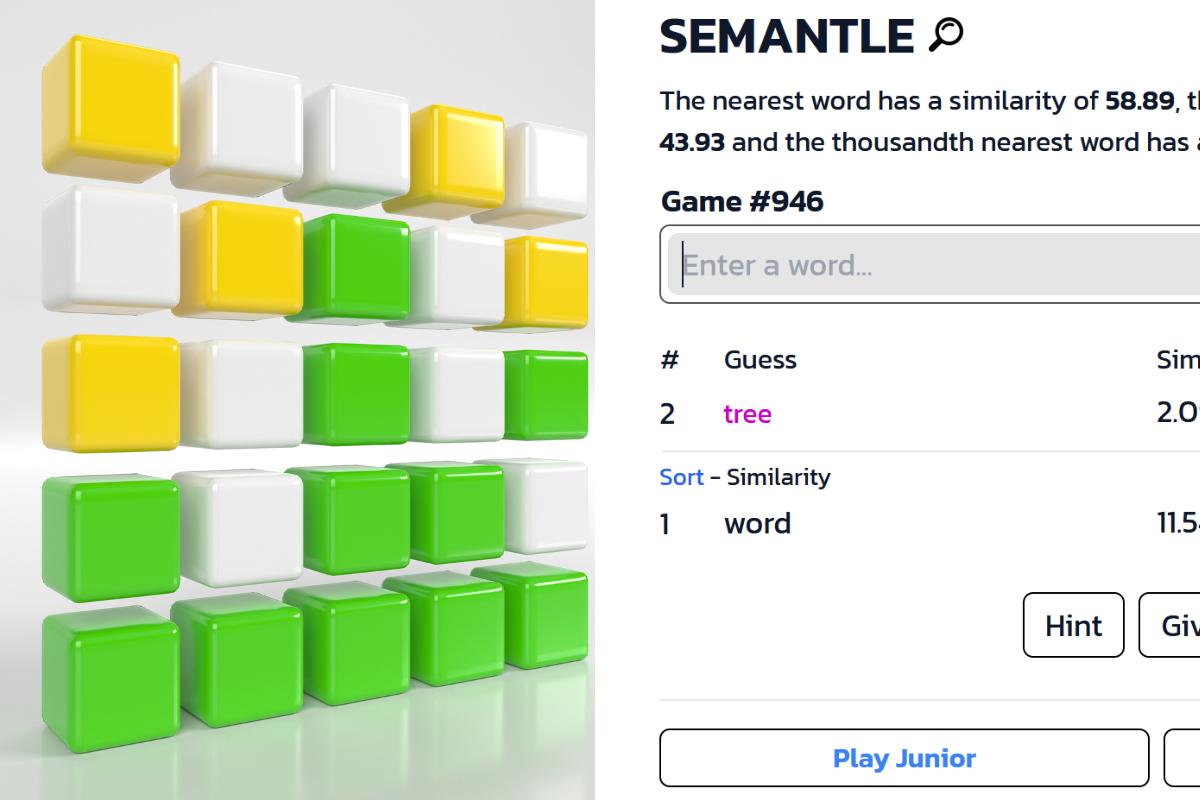Wordle vs Semantle
Semantle and Wordle are both word puzzle games. However, while Wordle involves guessing a fixed five-letter word using color-coded feedback on letter accuracy and placement, Semantle challenges players to identify a target word based on numerical scores that reflect semantic closeness, requiring a deeper understanding of language relationships.
Wordle vs Semantle
Wordle is a popular word puzzle game where the main goal is to correctly guess a predetermined five-letter word within six tries. Each day, all players are challenged to guess the same word. After each guess, the game provides feedback through colored tiles: green tiles indicate that a letter is correctly placed, yellow tiles show that a letter is correct but in the wrong position, and gray tiles reveal that a letter is not in the word at all. This feedback helps players refine their subsequent guesses until they either solve the puzzle or use up their attempts.

Semantle is another word-based puzzle game, but with a more complex and cerebral approach. The objective is to guess a hidden target word by making guesses that are semantically close to it. After each guess, players receive a numerical score that indicates how closely related their guessed word is to the target word in meaning. There are no clues about letter placement or correctness; instead, players explore the semantic relationships between words. The game continues until the player correctly guesses the target word, often requiring numerous attempts and a deep consideration of word meanings and associations.

| Feature | Wordle | Semantle |
|---|---|---|
| Game Type | Word puzzle game | Word puzzle game |
| Objective | Guess a fixed five-letter word in six tries | Guess a target word based on semantic closeness |
| Feedback Mechanism | Colored tiles indicate letter accuracy and placement | Numerical scores indicate semantic similarity |
| Gameplay Duration | Quick, typically completed in a few minutes | Can be lengthy, requiring multiple guesses |
| Daily Challenge | Same word for all players globally each day | Different experiences for each player |
| Cognitive Skills | Letter pattern recognition, vocabulary | Deep understanding of language, abstract thinking |
| Accessibility | Simple and easy to understand | Requires more complex thinking and larger vocabulary |
| Replay Value | One puzzle per day | Potentially unlimited attempts until the correct guess |
| Player Experience | Structured, with clear and immediate feedback | Exploratory, with feedback that requires interpretation |
Word games like Wordle and games like Semantle challenge players to deduce words through strategic guessing based on provided clues or feedback.
Gameplay Mechanics
Wordle offers a straightforward gameplay where players have six attempts to guess a five-letter word. Each guess provides immediate feedback through colored tiles.
- Green indicates correct letters in the right position.
- Yellow signals correct letters in the wrong position.
- Gray denotes incorrect letters.
The target word remains the same for all players globally each day, creating a shared daily challenge.
Semantle, on the other hand, presents a more complex challenge where players must guess a target word based on semantic closeness rather than exact letter placement. After each guess, players receive a numerical score that reflects the semantic similarity between the guessed word and the target word, without any indication of letter accuracy. This score is based on computational linguistics, making Semantle a game of understanding word meanings and relationships.
Game Objective and Feedback
In Wordle, the objective is clear and concise: correctly guess the word within six tries. The feedback is immediate and helps players narrow down the possibilities through a process of elimination based on letter placement.
In contrast, Semantle requires players to think in terms of word associations and meanings. The feedback, in the form of a score, is less about correctness in a traditional sense and more about the closeness of meaning, requiring a different kind of strategic thinking. This makes Semantle a more open-ended and exploratory game compared to the more structured challenges of Wordle.
Player Experience
Wordle provides a quick and satisfying daily puzzle that can be completed in a few minutes, making it easy for players to incorporate into their daily routine. The simplicity of the game mechanics makes it accessible to a wide audience, encouraging daily engagement.
Semantle, however, offers a deeper and potentially more time-consuming experience. The game can require extensive vocabulary knowledge and the ability to think abstractly about language and semantics. This complexity may appeal to players looking for a more intellectually stimulating challenge that goes beyond simple word guessing.

